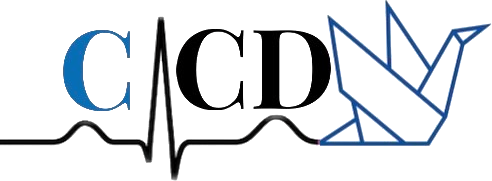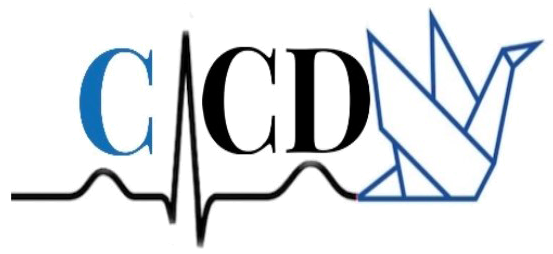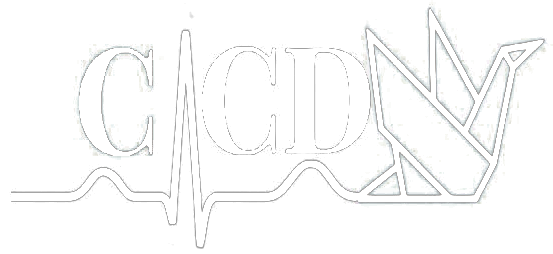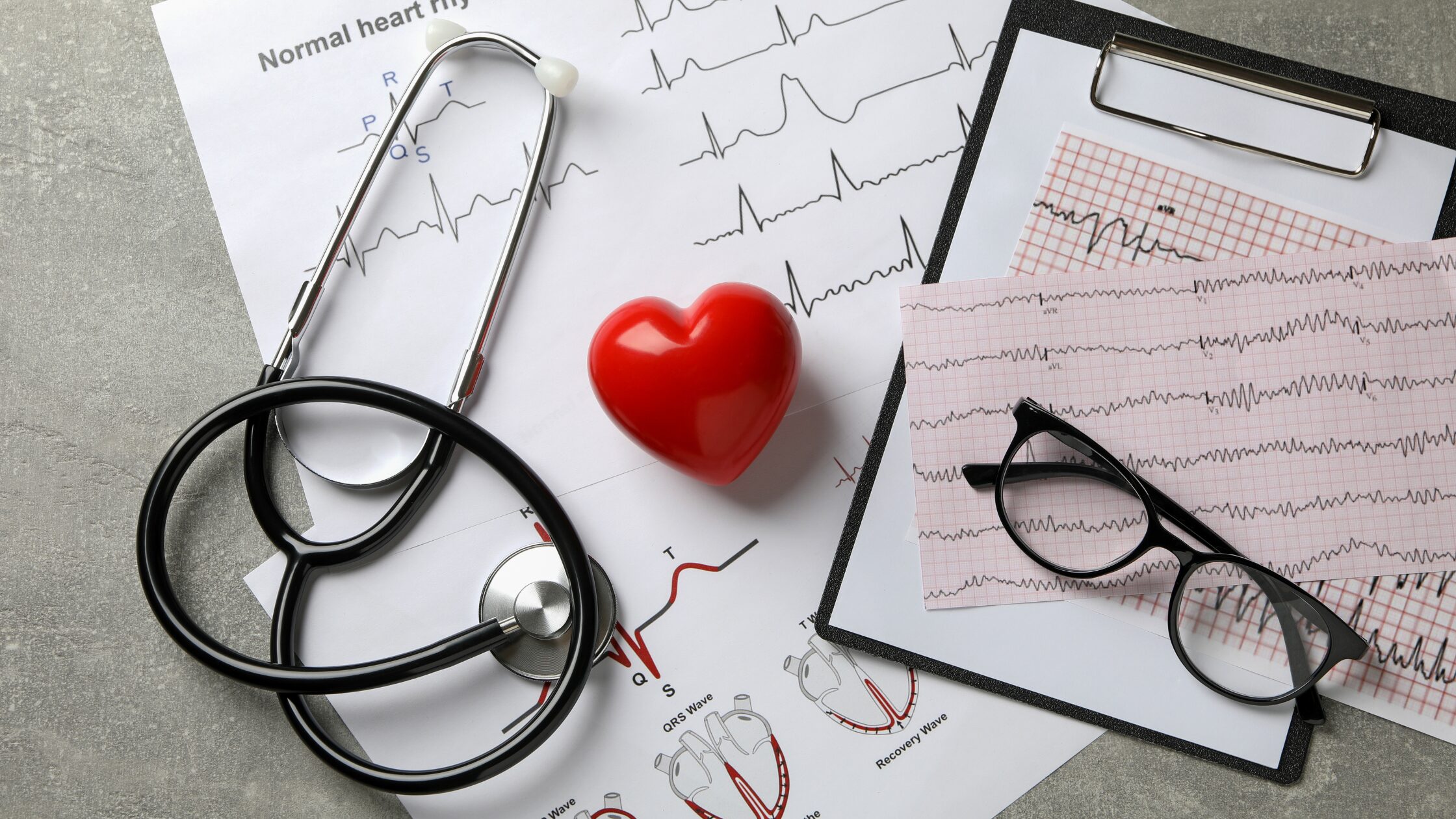
Why Cardiac Health Screenings for Clinics Are Essential
Cardiac health screenings are a vital service for private clinics, offering a proactive approach to heart disease prevention. Heart disease continues to be one of the leading causes of death worldwide, and early detection plays a significant role in improving patient outcomes. For clinics, offering routine cardiac evaluations is not only beneficial for patients but also an important step in providing comprehensive care.
By providing screenings like ECG tests, clinics can help identify potential issues before they become severe health concerns. Early diagnosis can reduce the need for more invasive treatments and improve long term health outcomes for patients. This blog will explore why cardiac evaluations are essential for private clinics, the benefits of offering them, and how clinics can implement these services to improve both patient care and clinic reputation.
The Growing Need for Cardiac Health Screenings in Clinics
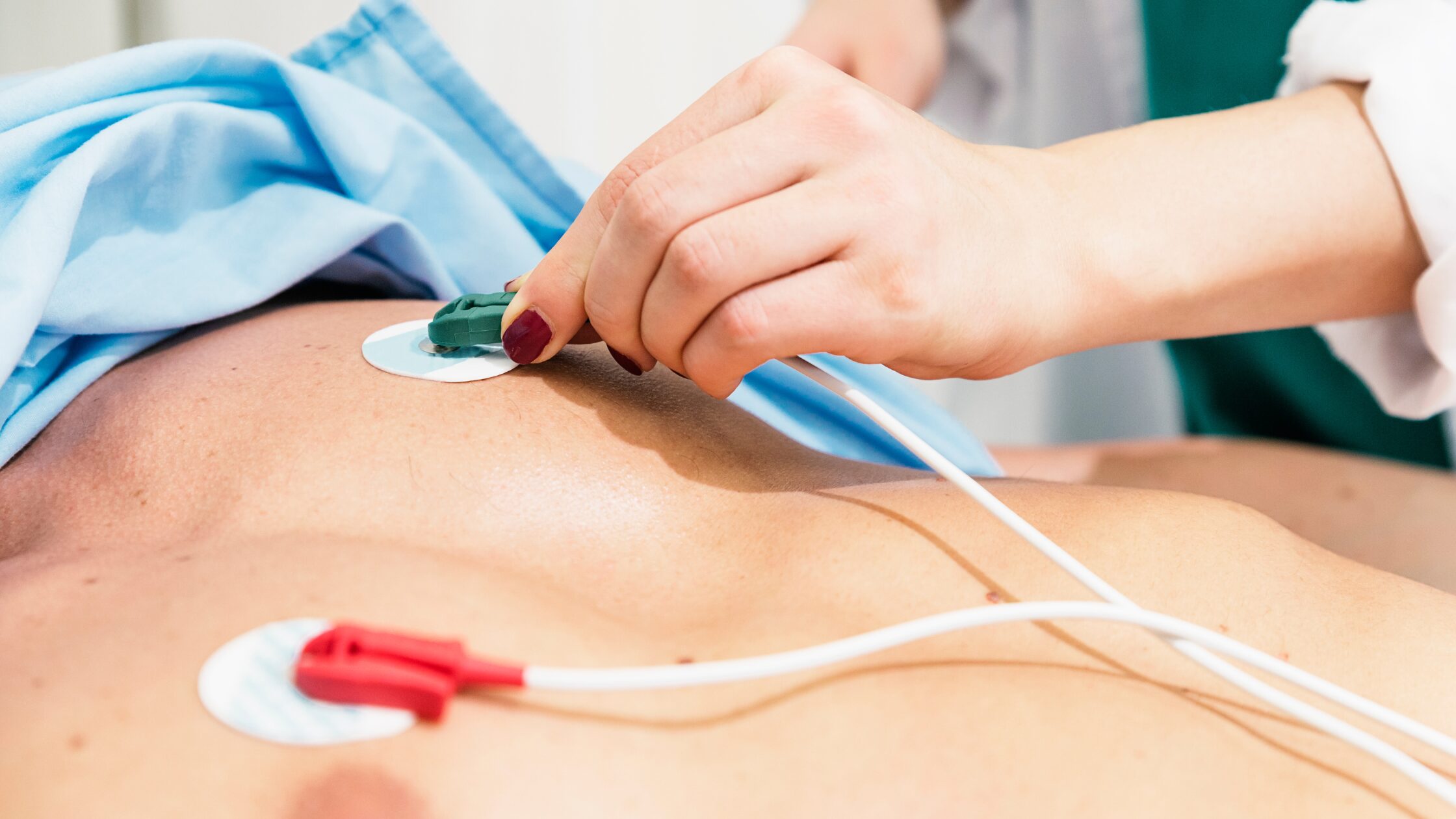
The importance of heart health cannot be overstated, and as awareness grows, so does the demand for accessible and reliable cardiac evaluations. More patients are seeking preventative care, especially those at higher risk for heart disease, such as individuals with high blood pressure, diabetes, or a family history of cardiovascular conditions. Private clinics are increasingly becoming the go to place for routine health check ups, making it essential for them to offer cardiac evaluations as part of their services.
Providing these screenings not only helps detect heart conditions early but also positions clinics as proactive healthcare providers. Offering a range of tests like ECGs and blood pressure monitoring demonstrates a commitment to comprehensive care, which in turn can attract new patients and build trust within the community. In fact, patients often appreciate clinics that offer preventative health services, as it gives them peace of mind knowing that their heart health is being monitored regularly.
As heart disease remains a significant concern, ensuring that your clinic can provide effective and accessible cardiac evaluations should be a priority. By implementing such services, clinics can improve patient outcomes, enhance their reputation, and cater to the growing demand for preventative care.
What’s Included in a Cardiac Evaluation?
Cardiac health screenings are designed to assess the overall function of the heart and detect any early signs of potential problems. For private clinics, offering comprehensive screenings ensures that patients receive a complete overview of their heart health. These screenings typically include several important tests, each providing vital information that can lead to early intervention and better patient outcomes.
-
Electrocardiogram (ECG or EKG)
An ECG is one of the most common tests used during cardiac screenings. It records the electrical activity of the heart and can help detect irregular rhythms, heart attacks, or other heart conditions. ECGs are non-invasive, quick, and provide essential data that can lead to immediate medical advice or further testing. -
Blood Pressure Measurement
High blood pressure is one of the leading risk factors for heart disease. Regular blood pressure monitoring is a key part of any cardiac health screening. If blood pressure is found to be high, it can prompt early treatment to reduce the risk of heart attacks, strokes, or other cardiovascular conditions. -
Cholesterol and Blood Tests
Cholesterol levels are another important indicator of heart health. Screening for high cholesterol is essential for identifying patients who may be at risk of atherosclerosis (narrowing of the arteries). Blood tests that measure cholesterol levels, as well as glucose and other markers, can also indicate potential risk factors for heart disease. -
Physical Exam
A thorough physical exam is part of any screening and includes checking for signs of heart failure, abnormal heart sounds, or other issues that may require further investigation. This exam helps to gather important information about the patient’s overall health and any symptoms they may be experiencing. -
Stress Tests
In some cases, clinics may offer stress tests, which involve monitoring the heart while the patient exercises. This test helps assess how the heart responds to physical exertion and can highlight issues like arrhythmias that might not show up when the patient is at rest.
By offering these essential screenings, clinics provide a thorough approach to cardiac health. Each test works together to give a clear picture of the patient’s heart health, allowing clinicians to take proactive steps to prevent more serious conditions from developing.
To learn more about the various diagnostic tests available for heart disease, check out our comprehensive beginner’s guide to diagnostic tests for heart disease.
The Role of ECG Testing in Cardiac Evaluations

The ECG test is an essential component of any cardiac health screening. For private clinics, offering ECG testing is an efficient way to assess the heart’s electrical activity and detect potential issues that could indicate heart disease. It is particularly useful for detecting conditions like arrhythmias, heart attacks, and other irregularities that might otherwise go unnoticed.
An ECG works by recording the electrical signals that the heart produces with each beat. The test involves placing small electrodes on the patient’s chest, arms, and legs, which are connected to an ECG machine. The machine then displays the electrical impulses as a series of waves, which provide valuable information about the heart’s rhythm, speed, and overall function.
Why ECG Testing Is Crucial for Cardiac Health Screenings
-
Detecting Arrhythmias: ECGs are one of the most effective ways to detect arrhythmias, or irregular heartbeats. Arrhythmias can be silent and often don’t show noticeable symptoms, making ECGs invaluable for early diagnosis.
-
Identifying Previous Heart Attacks: Changes in the heart’s electrical signals can indicate signs of previous heart attacks, even if the patient didn’t experience any obvious symptoms at the time.
-
Monitoring Heart Health Over Time: ECGs can help monitor the heart’s condition over time, particularly for patients with a history of heart disease or those at higher risk due to factors like high blood pressure, obesity, or family history.
-
Guiding Treatment Plans: In some cases, an ECG can help healthcare professionals decide on the best course of treatment, including medications, lifestyle changes, or further diagnostic tests.
For clinics offering comprehensive cardiac evaluations, an ECG provides critical insight that helps identify underlying heart conditions early. By offering this simple yet effective test, clinics can significantly improve their ability to diagnose, treat, and prevent heart disease in their patients.
How to Implement Cardiac Evaluations in Your Clinic
Implementing cardiac evaluations in your clinic can be a great way to provide preventive care and enhance patient health. To get started, here are some key steps for integrating these services effectively:
-
Invest in Essential Equipment
Ensure your clinic has the necessary tools, such as ECG machines, blood pressure monitors, and cholesterol testing kits. Reliable equipment is vital for accurate screenings. -
Train Your Staff
Proper training is crucial. Your team should be skilled in performing the tests, assisting patients, and interpreting initial results. Training staff to explain the process and results will improve patient confidence. -
Establish Clear Protocols
Develop a system for when and how screenings should be conducted. For example, determine which patients should be screened based on age, family history, or symptoms. Set procedures for follow up when results indicate abnormalities. -
Partner with Diagnostic Services
To ensure fast and accurate results, consider partnering with trusted diagnostic services for ECG analysis and other tests. This can help speed up the process and allow your clinic to focus on patient care. -
Promote the Service
Inform your patients about the availability of cardiac evaluations. Use your clinic’s website, social media, and patient consultations to highlight the importance of early heart disease detection.
By implementing these steps, your clinic can offer vital cardiac screenings and improve overall patient care.
Benefits of Cardiac Evaluations for Clinics and Patients
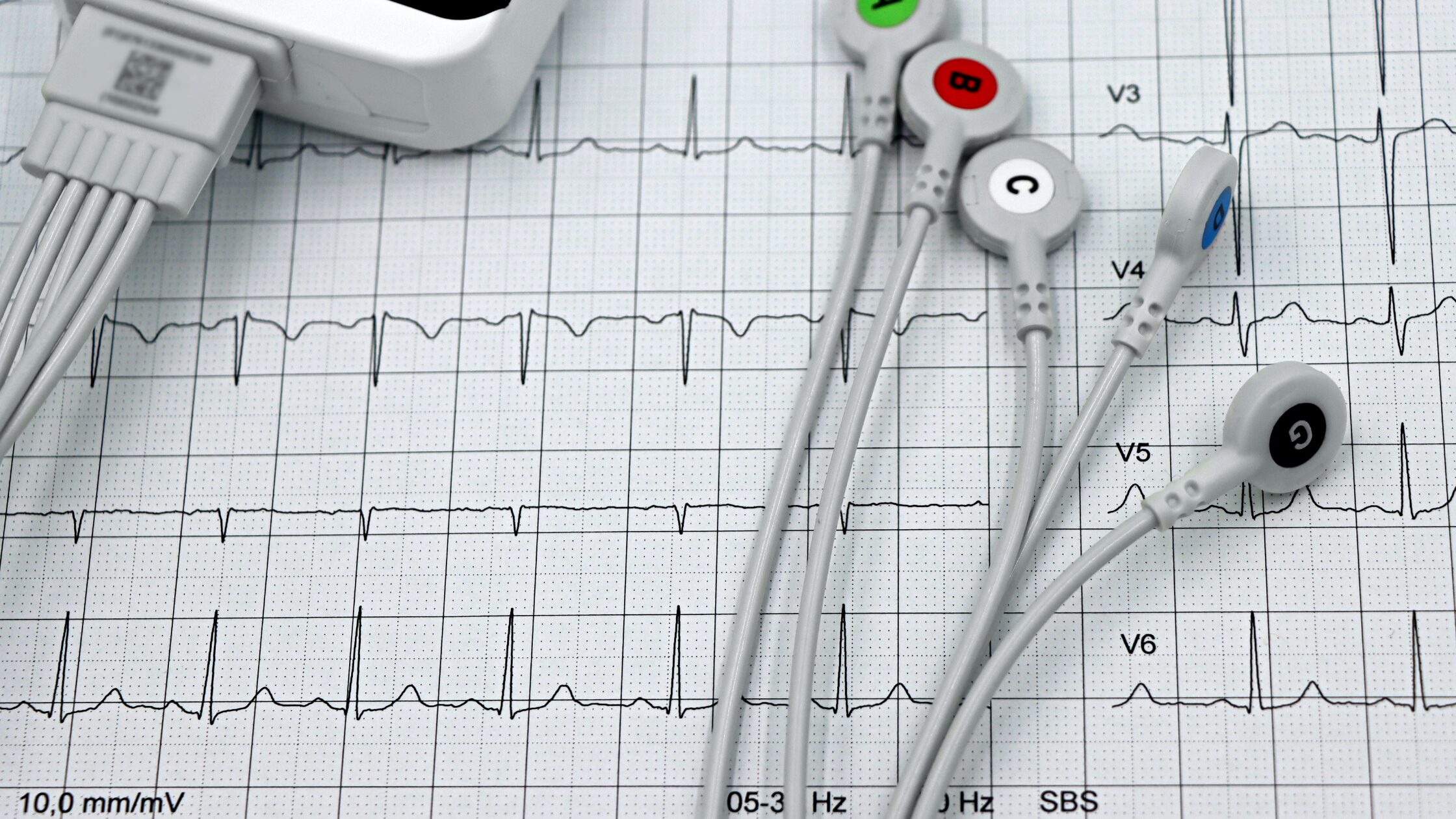
Offering cardiac health screenings in your clinic has numerous benefits for both your patients and your practice. For patients, regular screenings help detect heart conditions early, which can lead to more effective treatment and better long term outcomes. Early detection of conditions like arrhythmias or high blood pressure allows for timely interventions that can prevent more serious health issues.
For clinics, providing cardiac screenings can attract new patients and build trust with existing ones. It shows a commitment to proactive care, which patients value. Additionally, offering these services can improve patient retention, as many people appreciate the convenience of receiving comprehensive health assessments in a single clinic visit.
Another key benefit for clinics is that cardiac screenings, particularly ECG tests, can be done quickly, often in under 10 minutes, allowing for high patient throughput without compromising care quality. This efficiency ensures that your clinic remains productive while offering essential heart health services.
Overall, cardiac health screenings offer a dual benefit: improving patient outcomes and supporting the growth of your clinic. By adding these services to your offerings, you position your clinic as a leader in preventative care, strengthening patient loyalty and enhancing your reputation as a trusted healthcare provider.
For a deeper understanding of why ECG diagnostic services are essential for private clinics, read our article on why ECG diagnostic services are essential for private clinics.
FAQ: Common Questions About Cardiac Evaluations
What is included in a cardiac evaluation?
A typical cardiac evaluation includes an ECG, blood pressure measurement, cholesterol test, and a physical exam. These tests help detect heart conditions early.
Who should get a cardiac evaluation?
Patients with a family history of heart disease, high blood pressure, diabetes, or high cholesterol should consider regular screenings. It’s also beneficial for those over a certain age or exhibiting symptoms like chest pain or shortness of breath.
How often should patients have a cardiac evaluation?
The frequency depends on individual risk factors and age. Generally, patients at risk should have screenings annually or as recommended by their healthcare provider.
Are cardiac health screenings painful?
No, the tests involved, like ECG and blood pressure monitoring, are non invasive and painless. The process is quick and typically takes just a few minutes.
How long does it take to get results from a cardiac screening?
Most results, like blood pressure and ECG readings, can be reviewed immediately or within a day. For cholesterol tests, results typically take a few days.
